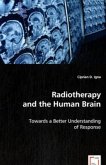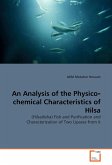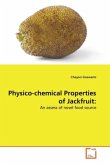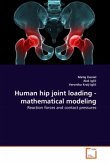The chemical composition of human breath holds a
wealth of information regarding health. Although
the clinical measurement of chemicals in breath is
currently used in the diagnosis and treatment of
heartburn, due to H. pylori infection, and
g.i. problems, due to malabsorption,
further application of the technique has been
hindered by a lack of adequate
analytical methods. This work presents a review of
current applications of breath analysis. Following
the review, a discussion of the genetic disorder
cystic fibrosis (CF) is given, which includes a
description of the biological origins of CF as well
as the potential of breath analysis in its
treatment. This work then outlines several studies
carried out at the University of California, Irvine,
under the supervision of Dr. Donald Blake, Dr. Dan
Cooper, and Nobel Laureate Dr. F. Sherwood Rowland.
These studies were aimed at characterizing the
chemical composition of breath using a state-of-the-
art form of chromatography. An important result of
these studies was the discovery of carbonyl sulfide
as a promising trace biomarker of pulmonary function
in the breath of individuals with CF.
wealth of information regarding health. Although
the clinical measurement of chemicals in breath is
currently used in the diagnosis and treatment of
heartburn, due to H. pylori infection, and
g.i. problems, due to malabsorption,
further application of the technique has been
hindered by a lack of adequate
analytical methods. This work presents a review of
current applications of breath analysis. Following
the review, a discussion of the genetic disorder
cystic fibrosis (CF) is given, which includes a
description of the biological origins of CF as well
as the potential of breath analysis in its
treatment. This work then outlines several studies
carried out at the University of California, Irvine,
under the supervision of Dr. Donald Blake, Dr. Dan
Cooper, and Nobel Laureate Dr. F. Sherwood Rowland.
These studies were aimed at characterizing the
chemical composition of breath using a state-of-the-
art form of chromatography. An important result of
these studies was the discovery of carbonyl sulfide
as a promising trace biomarker of pulmonary function
in the breath of individuals with CF.








